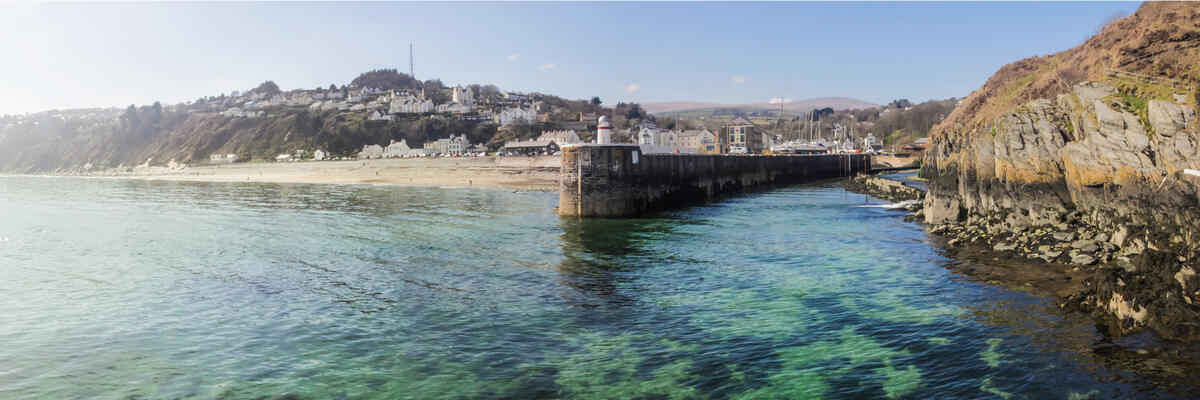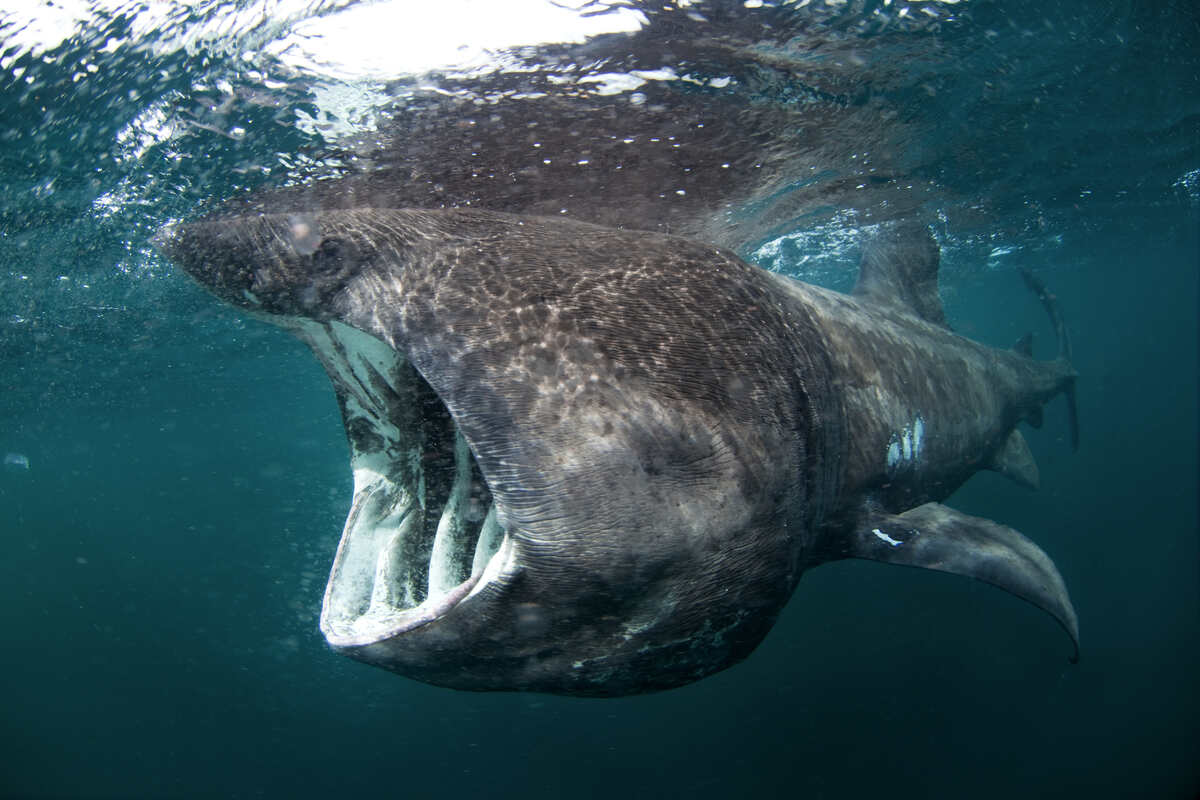
A review of Spring Tides, Exploring Marine Life on the Isle of Man by Fiona Gell £16.98, W&N
Review by Graeme Gourlay
The literary fad for ‘nature writing’ seemed to have passed the marine world by, despite some extremely well-written memoirs (Callum Roberts’ Reef Life) and some fine writing on whales (Philip Hoare’s Leviathan). But the full-on, beautiful, personal story that brings a place alive and shows how it enhances, even transforms lives, has been elusive for our underwater realm.
That is until Fiona Gell told her story of returning to the Isle of Man in the exquisite Spring Tides. The maritime culture of the island is steeped in her bones as she was born and raised on that unique and very distinct outcrop in the middle of the Irish Sea. Playing with lobsters in her great-uncle’s pot boat at the age of three is her first memory. The fear of seeing her first vast basking shark, diving for queen scallops encrusted with golden sponges, and snorkelling through kelp forests are all part of her watery childhood.
It was no surprise that she became a marine biologist. It took her away from her home to study, but it gave her a deep, scientific understanding of the ocean that she loves so much. She gained a PhD in seagrass ecology and worked in Mozambique on a marine management project in the Quirimbas Archipelago.
Spring Tides is the story of her return to the Isle of Man 12 years later, to become its marine conservation officer and her struggles to protect its ever-threatened environment. She worked closely with local fishers to establish the island’s first marine nature reserve.

What sets this book apart from other worthy tales of marine conservation pioneers is that Gell is not only a scientist but, a serious, published poet, who clearly loves language. That rather rare mix produces in Spring Tides a work that easily makes the grade as the very best of contemporary nature writing. The elegant simplicity of the prose reveals her poet’s heart. Her scientific rigour informs her thorough understanding of the world she is writing about: a winning combination.
While she makes a passionate case for the need to protect the seas, this is far more than a well-dressed polemic. It is personal and packed with quirky anecdotes. From selecting her new car on the basis that a dead porpoise would fit inside the boot, to picking her partner based on an invitation to see his collection of dried bats, it reveals a wry sense of fun.
The sheer joy she finds in her work and the awe she feels for the natural world pack her message with much punch. We need her personal touch to understand what is at stake in our casual degradation of the oceans we all rely upon.


